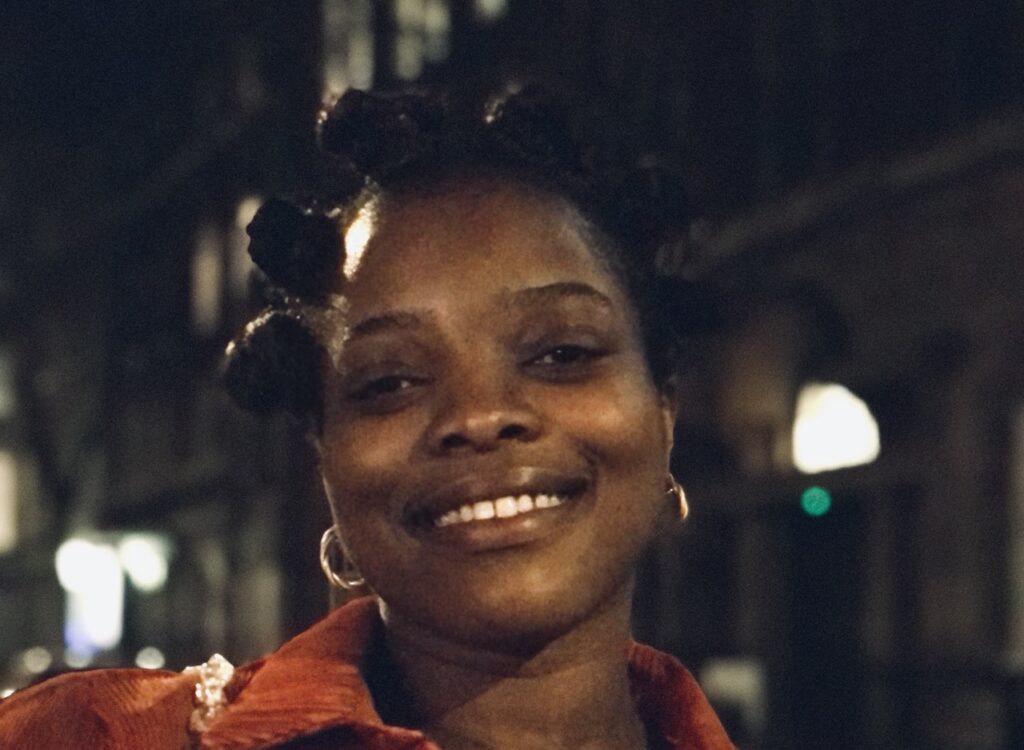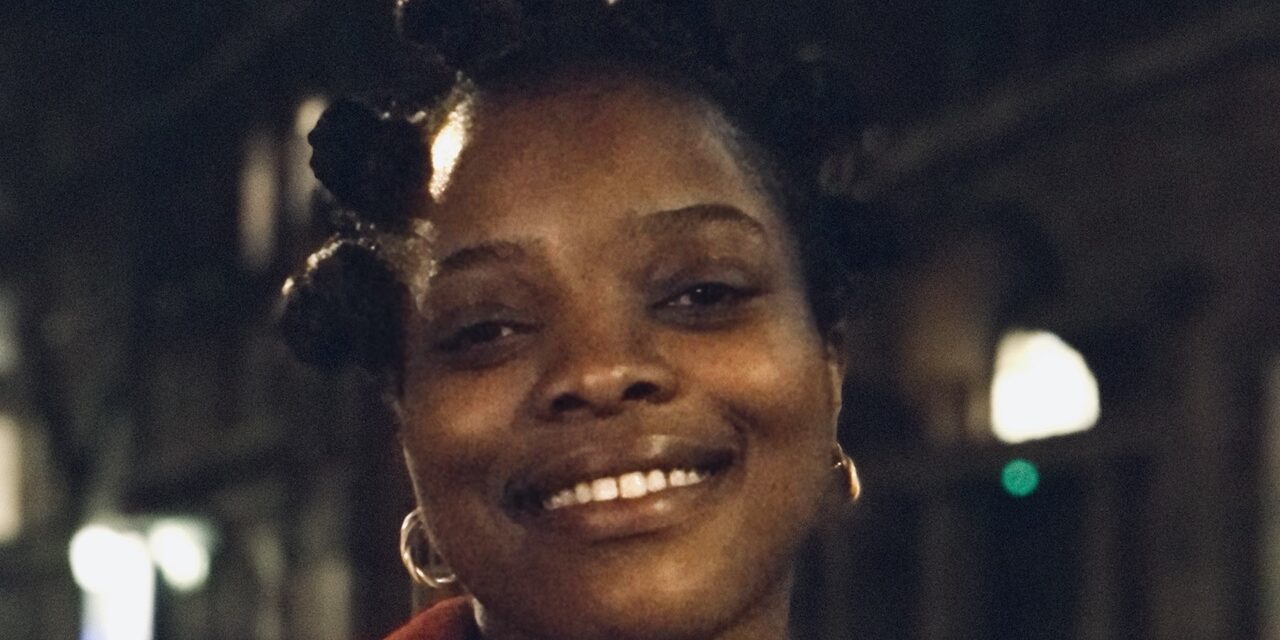
‘cheeky little brown’ is the first co-production in Bristol Old Vic’s Weston Studio as part of Artistic Director Nancy Medina’s inaugural season and forms part of her commitment to longer runs of new writing in the Studio to help develop their audiences. She comments: “I fell in love with Nkenna’s lead character the first moment I read about her messy, human life with all its beautiful failings, humour and honesty. To platform a Black, Queer female voice at this moment is so exciting.
The Papatango Award winning playwright Nkenna Akunna talks about her new play:
What inspired you to write cheeky little brown and was it easy to write?
cheeky little brown was inspired by a few different things. I’d been wanting to write about friendship endings and first queer loves, focusing on the specific kinds of heartbreak they yield. I’d also been wanting to write a solo show with music because I hadn’t yet written a solo show, and I came to writing, performance in general, through music. It was fun bringing that background into this work; the songs were definitely the easiest to write.
What is the play about in a nutshell?
cheeky little brown is about Lady’s experience of and resistance to change in herself and the world around her. It’s the one-sided post-mortem of a friendship-turned-first love, told via a night out in London.
Who are the characters, how did they form on the page?
Lady is the play’s protagonist and Gemma is the birthday girl who Lady had an inexplicable falling out with months prior. Smaller characters include Gemma’s posh housemate Jessie, Auntie in the Arsene Wenger coat on the bus, and the leering man in the kebab shop. Because of how contained Lady’s journey is, the characters formed quite easily. They are very much a part of her world.
Did you base the lead character Lady on anyone in particular?
Lady is my first solo protagonist so she inevitably takes on parts of me, but I also see parts of myself in Gemma. What felt more important than basing Lady on any one person was bringing together the qualities that would help me best tell her story. In that way, she also takes on parts of my friends, my family, and indeed my enemies.
How much of your own life experiences do you put into your writing?
I’ve experienced the kinds of break ups I write about in the play, I’ve experienced my city changing and the feeling of being outside/not considered in those changes. I’ve certainly experienced the N21 from New Cross to Newington Green. Making up songs with friends and having adults watch and clap was very much part of my girlhood. Ha! My writing isn’t autobiographical – I’m yet to v**** on anyone’s c*** or fall in love with a childhood friend – but it is inextricably linked to my experience.
Without giving too much away, how does the plot develop?
We open at the food table of a 25th birthday party in south London, progress to the night bus, a kebab shop, north London streets, and finally, Lady’s flat. An Everygirl’s night out.
Described as part musical, part drama. Tell us more?
cheeky little brown has seven original songs, and the inevitability of a heartbreak story is drama!
Who do you think this story will resonate with?
Hopefully all sorts, but specifically: the formerly repressed, baby queers and those with memory of the time, lovers of nostalgia, haters of homophobia, children of Black and African immigrants, parents of queer children and adults, party girls, tired girls, emotional eaters, Arsenal fans, lovers of the caterpillar cake…
This is your first fully-staged play. How do you think audiences might react to your work?
I hope they laugh, and come away feeling some way fuller. Or hungry.
You are a playwright, performer and lecturer. Which comes easiest to you?
Singing comes easiest to me.
Tell us something we don’t know about you?
I was in a girl band during my teens. We were regional at best so no, you won’t have heard of us, but we certainly frequented north west’s finest community halls and park stages ’06-’09!
Photo credit: Fourth Wall PR


